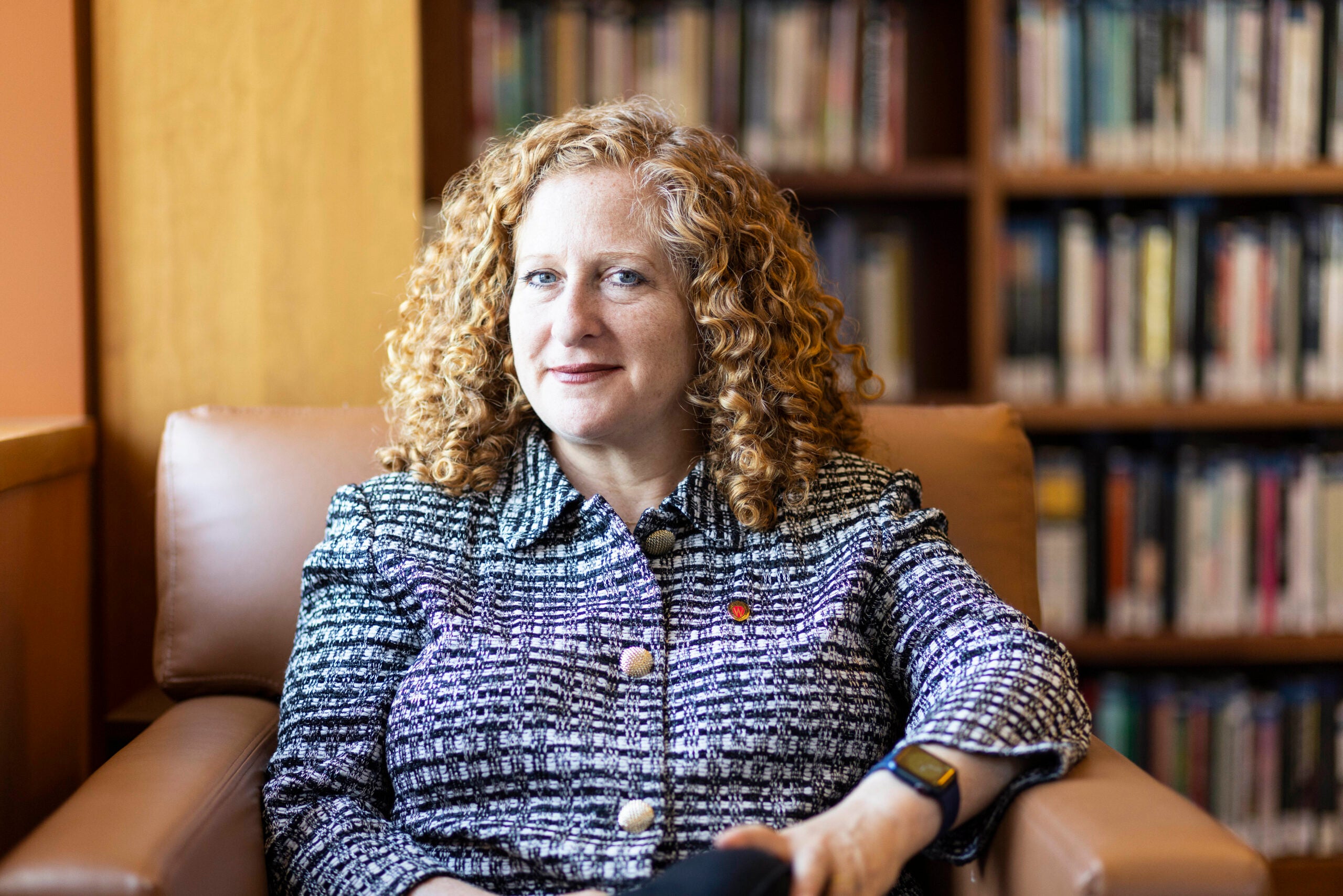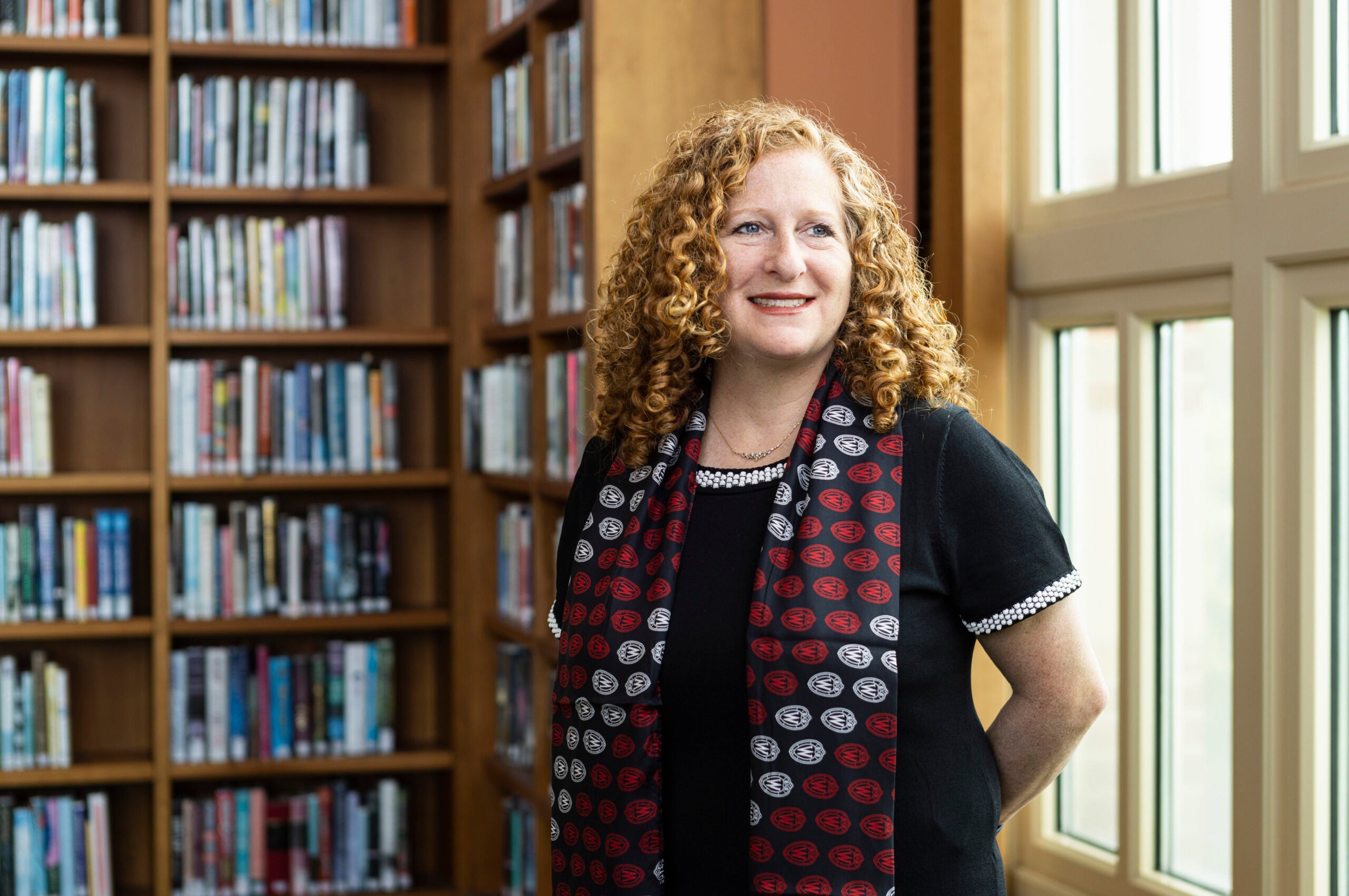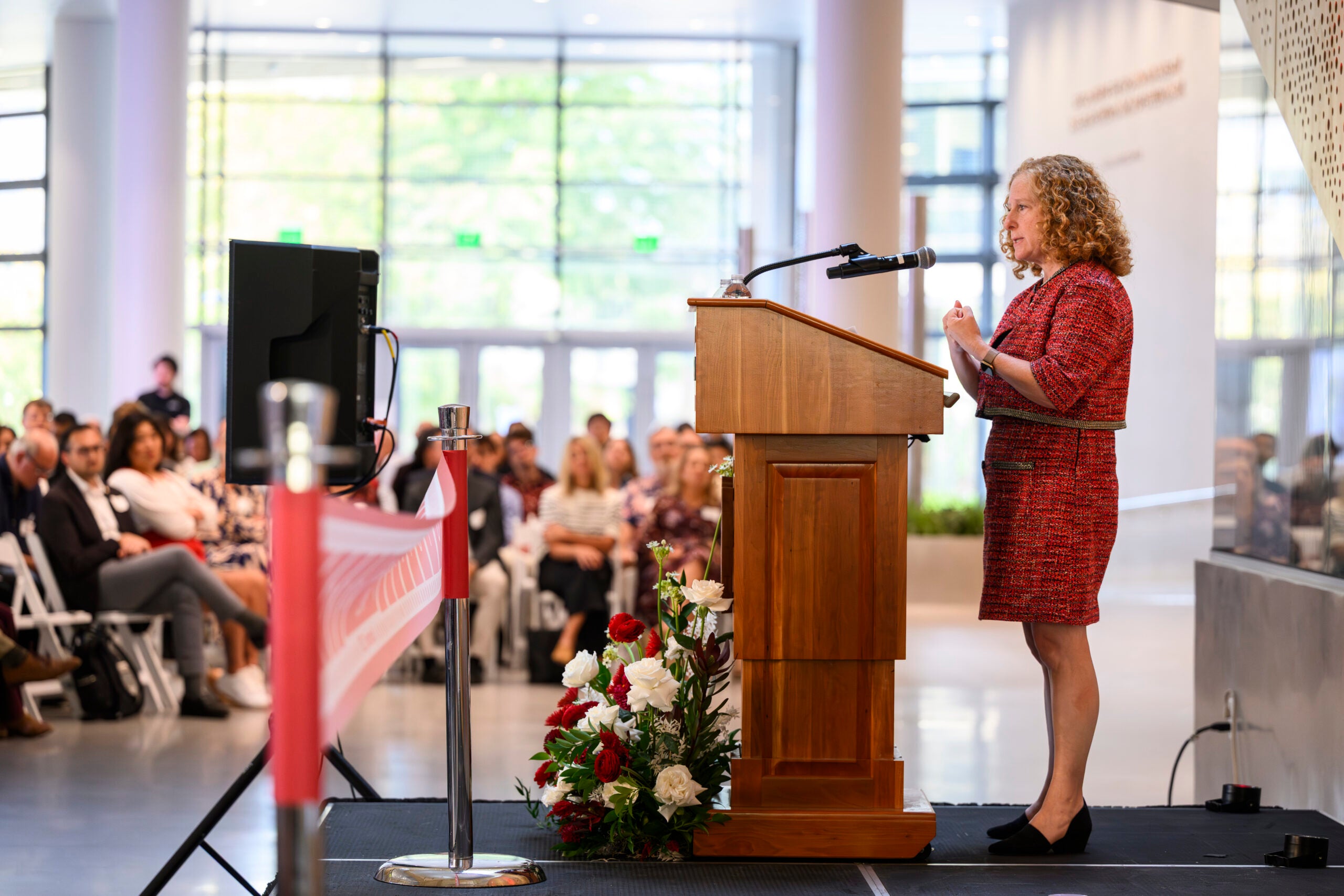University of Wisconsin-Whitewater Chancellor Beverly Kopper is resigning after her husband was banned from campus amid sexual harassment allegations.
Kopper sent out a campus-wide email Monday announcing her resignation effective Dec. 31.
UW System President Ray Cross banned Kopper’s husband, Pete Hill, from campus in June in response to allegations that Hill had sexually harassed several women dating back to 2015. Cross also stripped Hill of his job as associate to the chancellor, an unpaid position.
News with a little more humanity
WPR’s “Wisconsin Today” newsletter keeps you connected to the state you love without feeling overwhelmed. No paywall. No agenda. No corporate filter.
Whitewater City Councilwoman Stephanie Goettl Vander Pas posted a letter on Facebook in September claiming she was one of Hill’s victims and demanding Kopper resign because she knew her husband harassed women. UW System officials are investigating the alderwoman’s claims.
Kopper makes no mention of her husband, the alderwoman or the investigation in her email.
While news of Kopper’s resignation first went public Monday, a one-sentence letter from the chancellor to Cross sent Dec. 6 announced her intention to leave.
“I am aware that the Board of Regents would like different leadership for UW-Whitewater and thus I hereby render my resignation as Chancellor effective December 31, 2018,” wrote Kopper.
But she won’t be leaving the university all together. Instead, Kopper will collect her full salary for the next eight months and return to her faculty position as a psychology professor on administrative leave until the fall semester begins.
She’ll collect her $242,760 chancellor salary during that period. When school starts, her salary will be reduced to $118,308 over nine months. The new chancellor will work with her to determine her classroom assignment.
State Sen. Steve Nass, R-Whitewater, called for Kopper’s resignation in September. A statement Monday from Nass’ office said the campus can now focus on its future.
“New leadership will provide for an opportunity to address the significant challenges facing this institution of higher learning,” wrote Nass. “While today’s resignation opens the door for positive change at UW-Whitewater, none of us should forget the healing that continues for the students and employees negatively impacted by the alleged conduct of Mr. Hill and the failure of top level administrators to prevent these circumstances.”
Cross also released a brief statement Monday acknowledging the chancellor’s impending resignation.
“I have accepted Chancellor Beverly Kopper’s decision to resign, effective December 31, 2018. We appreciate her accomplishments during her time as Chancellor at the University of Wisconsin–Whitewater,” reads Cross’ statement in its entirety.
In a formal letter sent by Cross to Kopper on Monday, Cross said he accepted the resignation and thanked her for her “commitment to the community and students at UW-Whitewater.”
The letter went on to detail successes under Kopper’s tenure such as record enrollments, increased programming for veterans and community involvement on issues from economic development to the progress of minority student sin social services.
Calls to UW-Whitewater seeking comment were referred to the UW System Administration Office. UW System spokeswoman Heather Laroi declined a request for an interview.
UW-Whitewater student body president Tom Kind said Kopper’s resignation wasn’t a surprise.
“Obviously it is not a very comfortable thing,” Kind told WPR. “Saturday she wasn’t at commencement and that was a little bit of a surprise for a lot of people, too.”
Kind said he’s excited to find out who the interim chancellor will be and how the campus will focus on the future under new leadership.
“As long as we’re focused on what we really need to focus on — that’s students, that’s focusing on keeping your campus constituencies and the stakeholders of campus together — and then also focusing on our community, the community around campus, those are the three things I think are the most important going forward,” Kind said.
Editor’s note: This story was last updated at 5 p.m. Monday, Dec. 17, 2018.
Wisconsin Public Radio, © Copyright 2026, Board of Regents of the University of Wisconsin System and Wisconsin Educational Communications Board.







